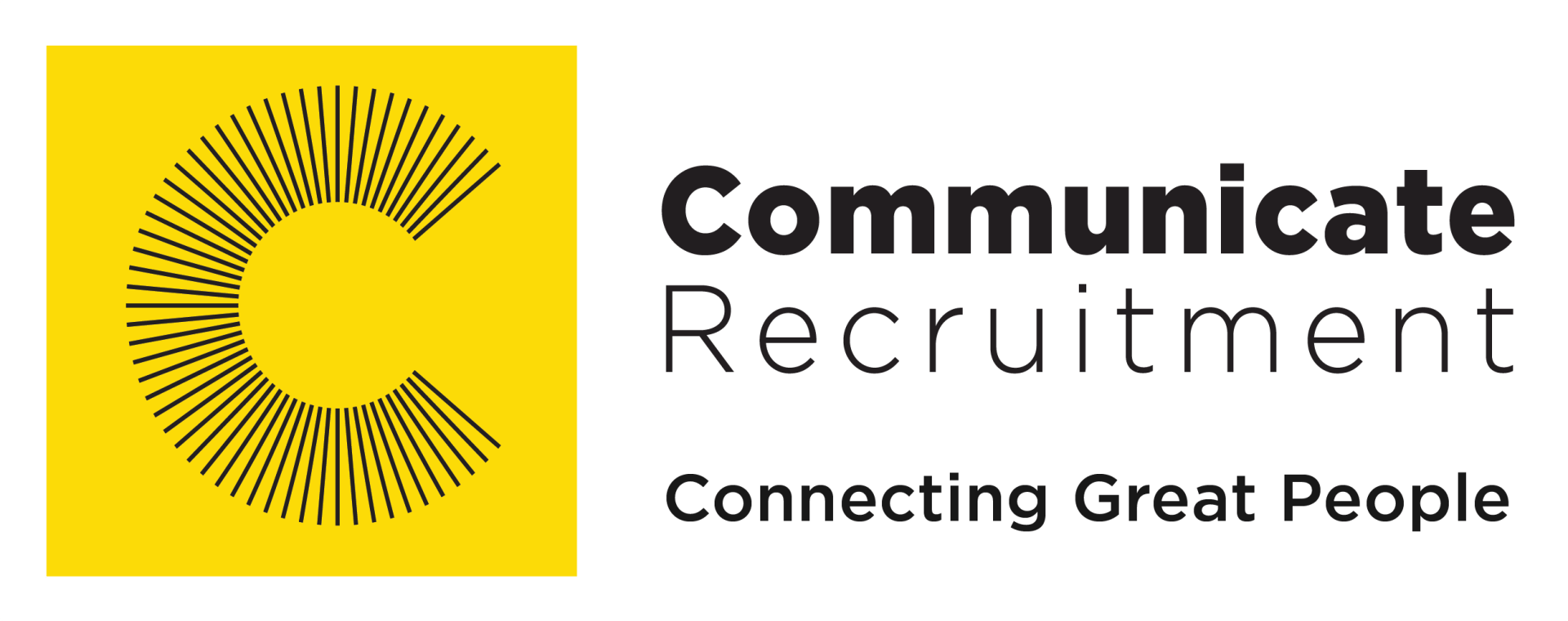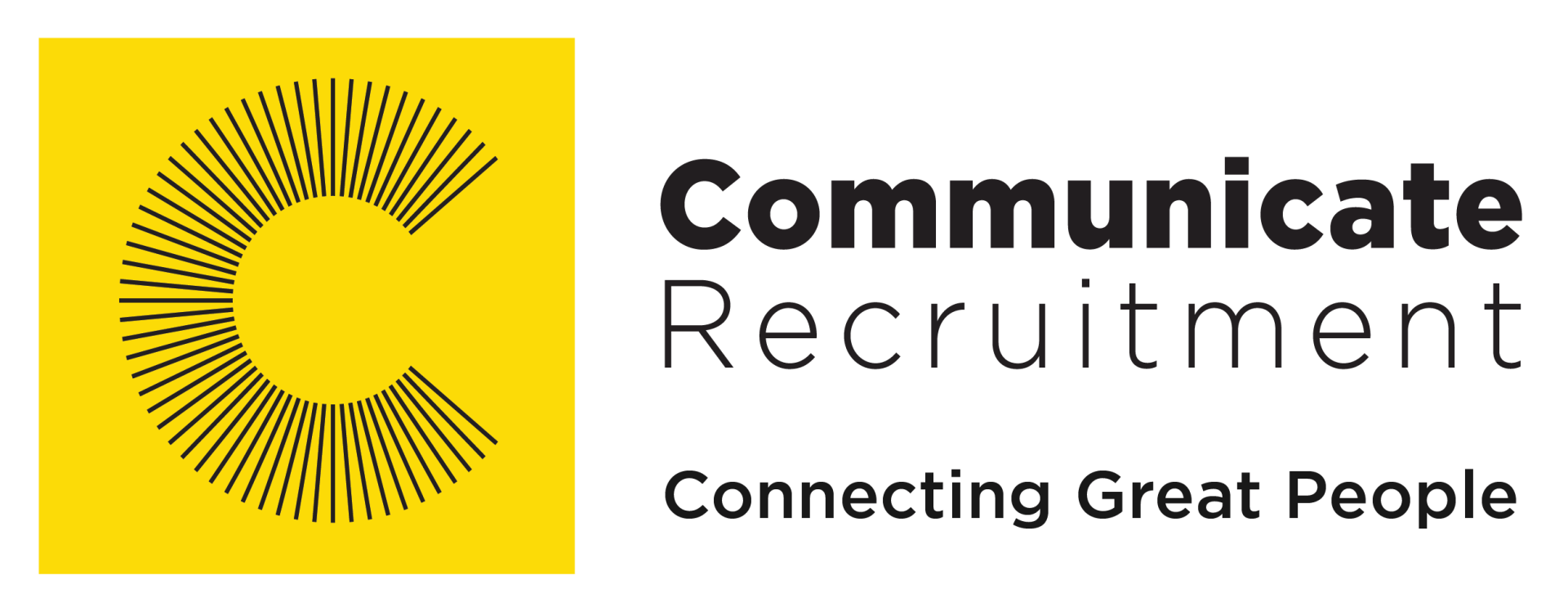Emotional Intelligence in the Workplace
Emotional intelligence can have an impact on different aspects of your daily life, for instance, the way you behave and interact with your colleagues, customers, managers, and family. Most people argue that EQ matters more than our intellectual ability (IQ) to effectively deal with different people as it helps in building stronger relationships, achieving career goals, and gaining success at work.
Let’s say you get to the office, switch on your computer, and while you wait for it to start up, you head on to the kitchen for a cup of coffee. You bump into one of your colleagues and greet him but he looks at you and doesn’t respond. You can’t seem to understand why he’s angry at you, he might be having a very bad day or he’s just not in the mood for small talk. The ability to perceive, control and evaluate his mood is known as emotional intelligence (EQ).
We all want to build stronger and better work relationships in the workplace right? So how can we improve our emotional intelligence? Let’s look at a few tips to help steer us in the right direction.
Self Understanding
We must learn to recognize our emotions, understand where they originate from, and split them into strengths and weaknesses. This will be the first step towards understanding our emotions and we will be able to deal with any given circumstances. Your body language, facial expressions, and other non-verbal signals give important indications to understanding emotions. Self-awareness is the foundation of emotional intelligence.
Self Management
It is important to balance your emotions. For example, if in some situations you get angry then you really need to try and make a conscious effort to control your anger. If there are situations where you need to be more assertive then push yourself to make your point. An important part of controlling your emotions is being able to recognize what triggers them, then you can think straight and make better decisions.
Social Awareness
It is about understanding the next person's emotions, thus adapting and giving a response, a positive one I might add. For example, if your manager is acting annoyed, it might be because he is dissatisfied with your work, or it could be because he had a fight with his car insurance guy. In both these cases, your response would be different. Being aware of your surroundings will allow you to provide a rational response to the situation.
Relationship Management
Effective relationship management can define your success at work. So you need to give importance to building relationships, maintaining the current ones, and managing conflict successfully. Be open to other employees’ suggestions, respect differences of opinions, accept your mistakes and show empathy to others. Efficient relationship management is the key to building strong emotional intelligence.
Most companies nowadays consider emotional intelligence as being as important as technical ability and often base their decision on the same when hiring or promoting employees. Besides that, an employee with emotional intelligence is able to communicate and relate with his coworkers more effectively. They are also able to solve problems, manage change and build trust with their employers, clients, and fellow employees.
The direction of your career is in your hands. Realize that now, at this moment you have the opportunity to take that next step in your career and apply for our latest and greatest Finance jobs, IT jobs, Engineering jobs, Supply Chain Jobs, and Freight jobs.
What are you waiting for? Make that intelligent decision and visit our website now!
Credit: FreeDigitalPhotos.net by atibodyphoto





